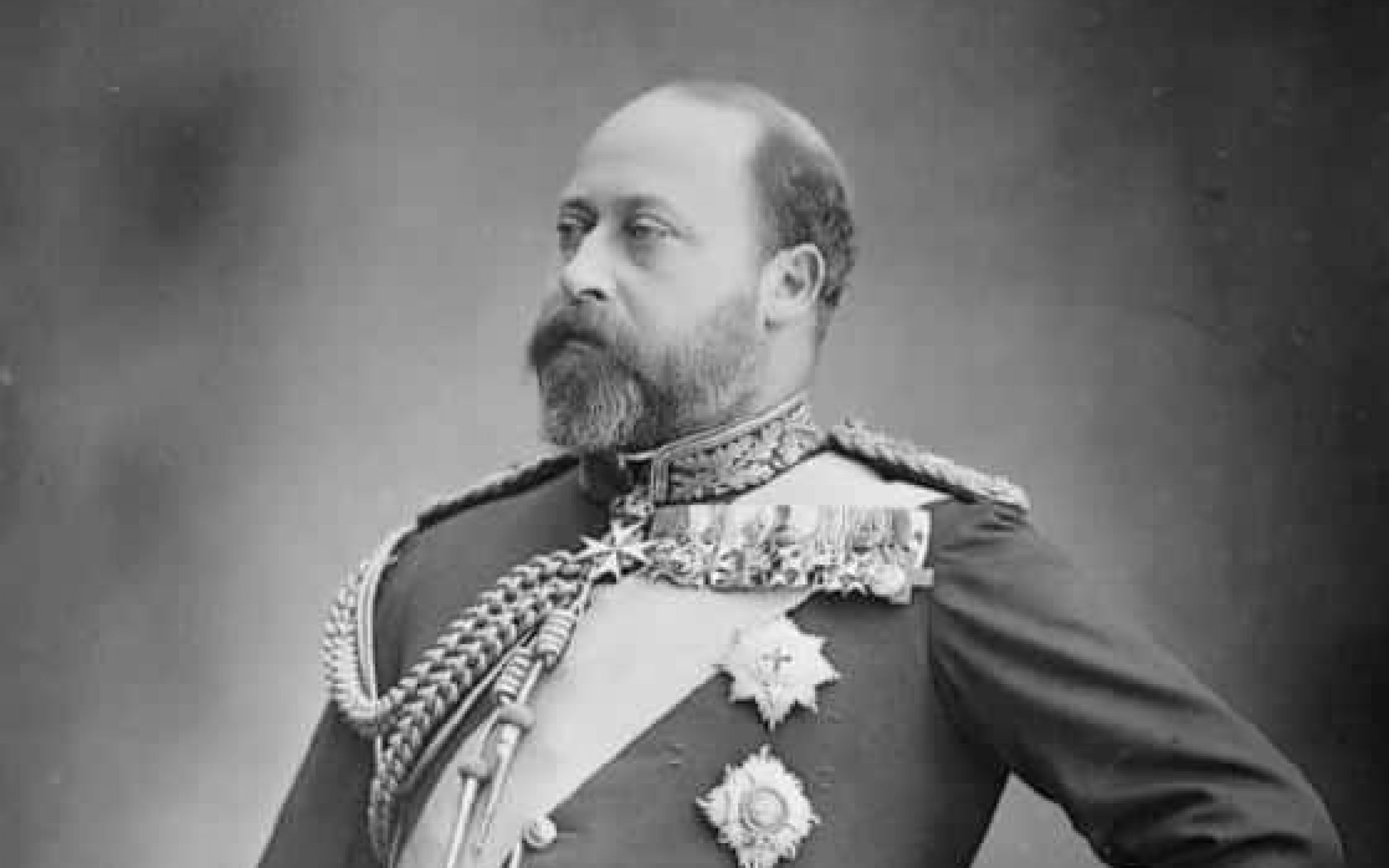Prince Harry will be the first senior royal to appear in court in 130 years – when he eventually turns up. The Prince has been accused of wasting court time after failing to attend the first day of his trial against the Mirror Group Newspapers (MGN) as he was celebrating his daughter’s birthday.
MGN is accused of unlawful information gathering and the Duke of Sussex’s barrister said it should be assumed that no fewer than 33 MGN stories were acquired unlawfully as the reporters were not present to defend their claims.
Whatever Harry’s cross-examination has in store for him, a dip in popularity is almost impossible. However, this was not the case for the last royal before him to be questioned in court. Harry’s great-great-great-Grandfather, Edward VII, appeared in court in 1891 to answer questions on what came to be known as the Royal Baccarat Scandal, and although he was known as a “playboy prince”, he was fairly well-liked until the trial.
At a trip to Tranby Croft near Hull to play cards, Edward (who was then Prince of Wales) was joined by his friend Sir William Gordon-Cumming, a lieutenant colonel in the Scots Guards, whom Sporting Life called “possibly the most handsome man in London, and certainly the rudest.”
Both men were known womanisers and gamblers, Gordon-Cumming more so than the future King. On the first night, Stanley Wilson, whose family owned Tranby Croft, thought he had seen Gordon-Cumming cheating. On the second night, he was caught and forced to sign a document agreeing that he would never play cards again in return for the silence of the guests who witnessed the event.
The secret leaked and Gordon-Cumming accused the Wilsons of letting the cat out of the bag. The Wilsons refused Gordon-Cumming’s demand for a retraction and London’s rudest man sued for slander.
In court, Edward was called as a witness – the first time such a thing had happened since 1411. Ticket holders began queuing for the trial hours before it started and The Pall Mall Gazette claimed that “the court might have been taken for a theatre at a fashionable matinée.”
Although the public was on his side, Gordon-Cumming lost the case and lived as an outcast till his death in 1930. He was dismissed from the army and forced to resign from his London clubs.
The future king’s involvement in such a squalid affair did nothing for his reputation. Previously he was only debauched, but after the trial, the public saw him as a man who sold his friends down the river. Court has always been a place the royals have tried their best to avoid – even now.
Write to us with your comments to be considered for publication at letters@reaction.life




